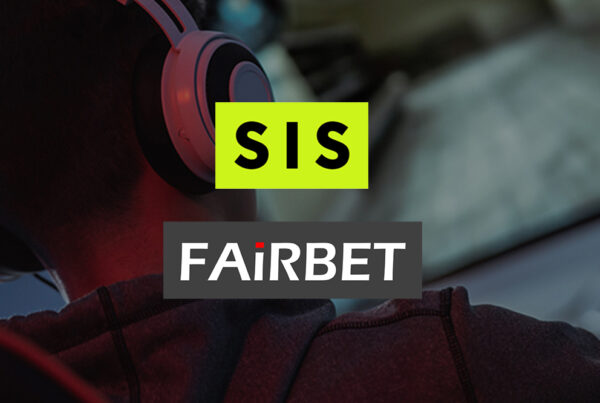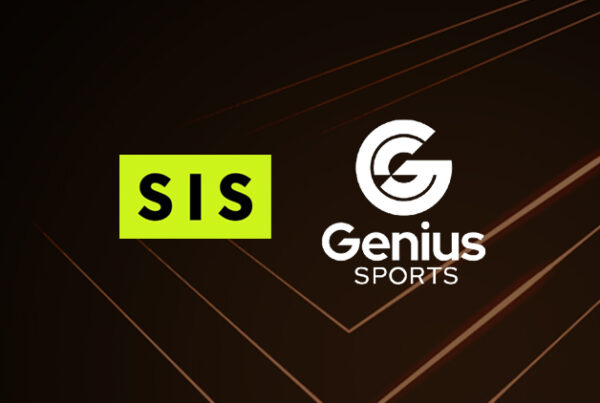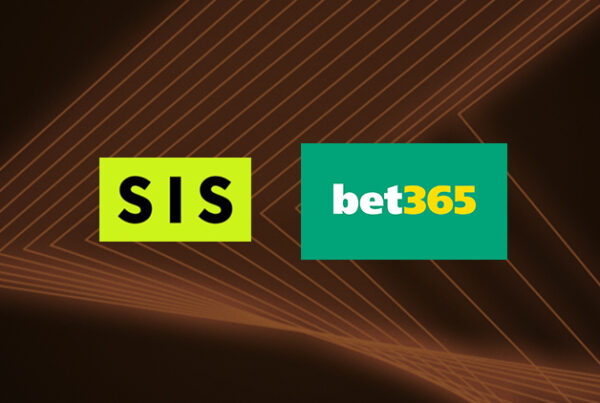
Jacob Howard (Esports Product Manager), discusses the rapid popularity of esports/sports sims and explains what SIS Competitive Gaming, and industry can do to continue this growth.
SIS has taken great measures to provide the esports market with its Competitive Gaming product and is seeing rapid growth, with leading operators across the globe seeing the vast potential of esports and sports sims
With 180,000 events each year and round the clock content, Competitive Gaming stands alone in the industry with integrity at its heart, receiving the EISC Gold Standards accreditation. Our new Esports Product Manager, Jacob Howard explains what the brand, and industry can do to continue this growth.
How important has esports betting become to the industry and what are your predictions for the growth of esports betting?
Esports betting has seen its importance within the industry grow rapidly, particularly from the perspective of attempting to capture the younger audience segment and to present betting as an exciting yet safe pastime.
There is an onus on operators to evolve and embrace new demographics in order to drive revenues. By incorporating high-quality esports products into their portfolios, sportsbooks can successfully deliver content that appeals to young people.
Building products that truly appeal is key. There needs to be an inherent understanding of what makes esports appealing and esports products must encapsulate those selling points. Achieving this means operators can really begin to see the true value of esports as a betting proposition and correctly strategise where esports products are placed within their sportsbooks.
What do you see as the latest industry tools that can help esports grow?
There is a common issue with latency and this needs to be addressed. There is an antiquated view that you need to make sure players don’t have access to certain pieces of information, but because of this, there can be delays of up to five minutes and this prevents operators from offering exciting betting propositions in the form of flash or in-play markets.
Additional layers of gamification are also required to provide increased bettor engagement and to bring esports betting in line with the events themselves. Typically, there also is a visually unappealing layout for esports within sportsbooks and that needs to change.
How are SIS utilising these tools?
At SIS, we tackle latency issues head on by controlling the content from start to finish. This allows us to tightly control the players to ensure they aren’t getting any uncompetitive advantages. Thanks to this, we’re able to provide the streams, data and odds without any intentional delays meaning our end users can interact with the content in real time.
We’re also constantly improving our commentators and hosts to ensure they’re identifying the most engaging betting moments and ensuring the end users are informed. We’re also working on more supplementary content in the form of improved stats pages and widgets to educate bettors as our players are unknown but it shouldn’t feel that way to the end user.
How do you think AI / NFTs and other emerging technologies are affecting / will affect esports?
In general, esports is receptive to new technologies. This is no surprise given the primary demographic of players, which is the young and tech-savvy.
AI could be very helpful with regard to broadcasting esports events. As it stands, the in-game camera system needs to be controlled by somebody and AI could potentially remove that observer role by automating the process. AI could help to run through key points of a match and have it highlight the most engaging sections, with an automated switch in cameras.
In terms of NFTs, they haven’t been required to see content evolve. In Counter-Strike for example, the trade in skins – graphical elements that change the appearance of a game asset – has been thriving for many years without additional technology. I do feel there is a place for NFTs in the wider gaming industry, but it remains to be seen how this will affect esports events and associated betting.
How will SIS and the wider industry take on regulatory and integrity challenges?
For years at the lower end of the esports tournament chain, there have been issues in players throwing contests for money.. During the pandemic, our partner the Esports Integrity Commission (ESIC) saw a huge uplift in reports of matches of concern from online arenas.
At SIS, referees monitor every single match and players are unable to access their phones when working within our in-house studios. Our schedules aren’t released until the day of the event, and there are many more restrictions in place to ensure that we uphold the highest possible integrity standards.
This is reflected in our being awarded ESIC’s Gold Standards, the highest possible accreditation from the association. We are essentially placing higher-tier regulations on lower-tier events and feel that this is a crucial step in the evolution of esports betting.






